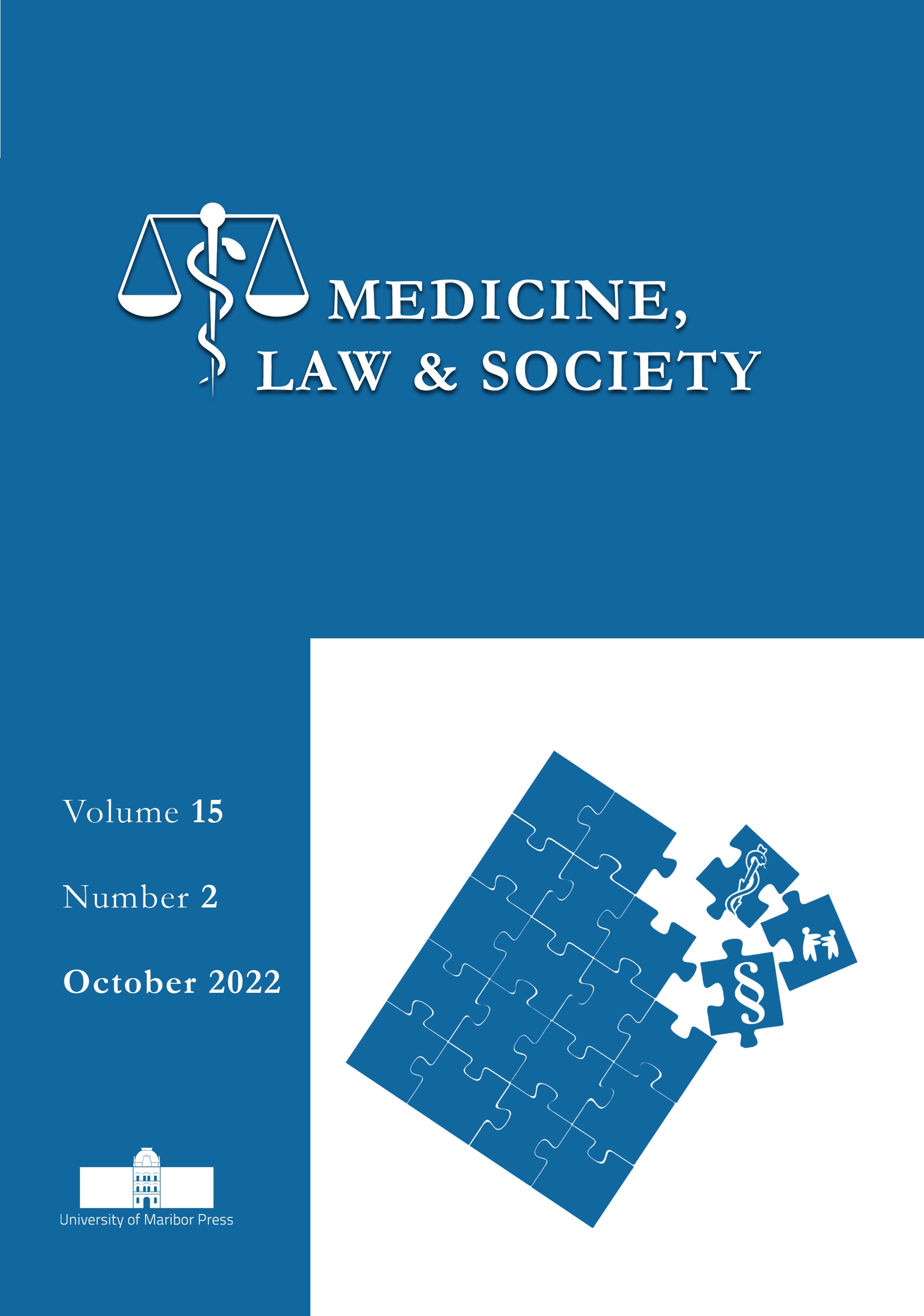The Upper Limit: An Essay on Mental Integrity and Mental Enhancement
DOI:
https://doi.org/10.18690/mls.15.2.217-240.2022Abstract
Brain Computer Interface (BCI) technology is currently used for therapeutic ends but can also be used for enhancing human mental capacities. This essay focuses on non-therapeutic enhancements to human mental capacities using BCI. Being a digital tool, BCI increasingly embeds artificial intelligence. The primary focus is on Digital Direct Mental Enhancements (DDME) situations where the brain is physically connected to a computer and in particular the cognitive functions are targeted. If there is to be an impact on mental capacities, a BCI is always a breach of physical, and potentially also of mental integrity. If we entertain the idea that to have mental integrity is to attain the highest possible level of cognitive capacity, when compared with other humans, then mental enhancement per se could be a way to ensure such integrity rather than only as something that poses a threat to it. The upper limit (of our mental capacities) is at the core of any serious enhancement discussion. A better theory of “mental integrity” is needed to deeply tackle the challenges and potential opportunities posed by novel BCI and their capacity to offer humans not only restorative solutions but also true enhancements of mental capacities.
Downloads
Downloads
Published
Issue
Section
License
Copyright (c) 2022 University of Maribor, University Press

This work is licensed under a Creative Commons Attribution 4.0 International License.
